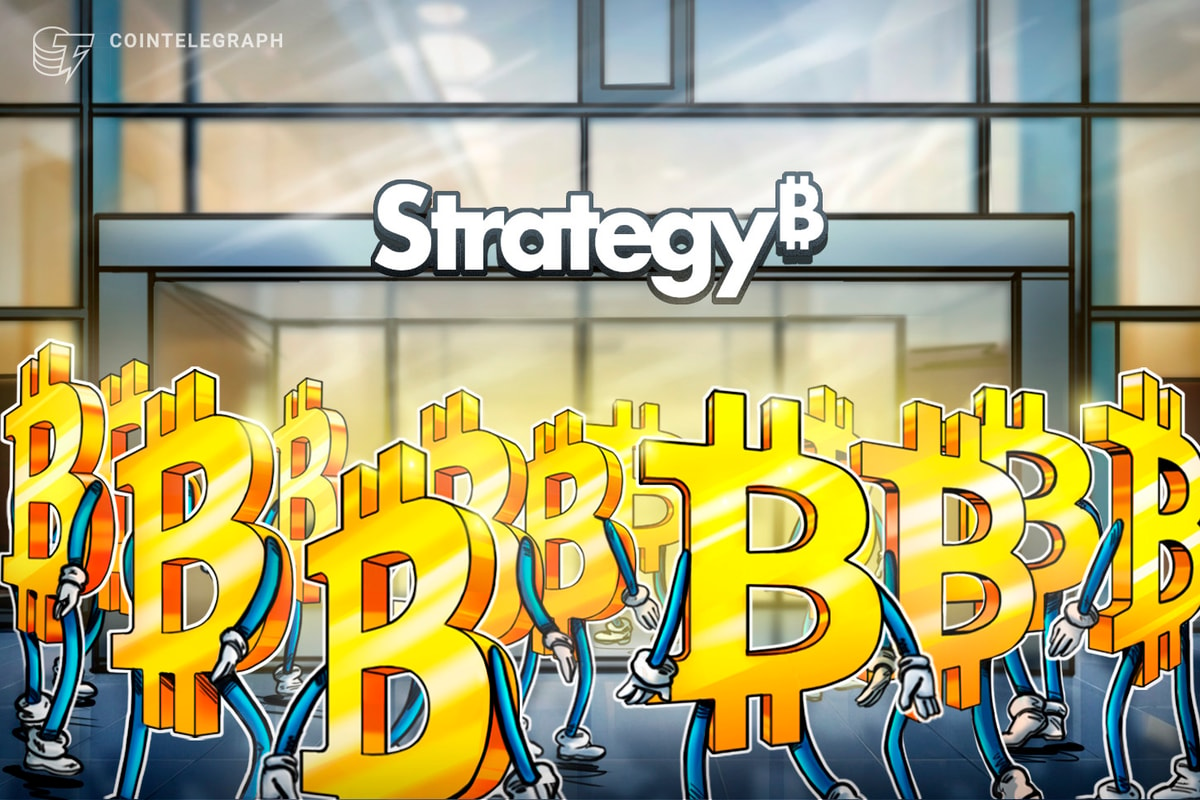
People at the center of Iceland’s tiny cryptocurrency, cryptography, and tech scenes are questioning the good intentions of Baldur Friggjar Odinsson, the pseudonymous creator of Auroracoin. The Litecoin-based coin has become the darling of Western media in recent days thanks to its free “Airdrop” distribution to Icelandic citizens on March 25th, and has been met with great enough demand that Coinmarketcap.com now ranks Auroracoin as the fourth largest cryptocurrency by capital volume.
But Brennan Novak and Bjarni Einarsson, members of the Icelandic Pirate Party and developers of an open-source encrypted email project called Mailpile, have taken to venues including Reddit and Github to point out, in Novak’s words, “a handful of aspects to Auroracoin that are a little bit suspicious.” Some of these are substantive, others more circumstantial. The two are heavily involved with the cryptocurrency scene in Iceland, hosting regular meetups in downtown Reykjavik.
But within this group, said Novak, “there’s a lot of healthy skepticism” about Auroracoin. The most obvious red flag has been the discovery by Einarsson that Auroracoin’s source code is based on a version of Litecoin that is more than two years old, to which nearly 3,000 lines of code have been added. (See the Github information here). However, Einarsson has not yet analyzed the extra code to determine their nature.
A second sticking point, says Novak, is that the Auroracoin client is not open source. “We can’t review the code base.”
This much is merely odd. The part that really sets Novak’s antenna up is that Auroracoin founder Baldur Friggjar Odinsson has not been very responsive to inquiries for clarification about this or other aspects of the project. “A few people in our group have tried talking to Baldur, to varying degrees of success. The most we’ve gotten were a few responses on Facebook.”
Finally and most troublingly, much of the hype surrounding Auroracoin doesn’t seem to withstand scrutiny from observers on the ground in Iceland. For example, when Novak saw the Auroracoin tweet announcing a launch party at the bar BOSTON, he quickly headed there to see the action.
But at the bar, says Novak, there was just a scattering of patrons. “There were these two drunk guys, and we asked, ‘Is this where the Auroracoin party is?’ They pointed over to a table in the corner. There was [just] a piece of paper that had an email list of people writing down email addresses. I don’t even know what it was for.”
This disconnect between appearance and reality highlights Baldur Friggjar Odinsson’s complete disconnection from Iceland’s cryptocurrency community. “The tech community here is relatively small,” says Novak, who is American but has been living in Iceland for the last year while working on Mailpile. “And the [cryptocurrency meetup] group that we’re a part of is some of the most public personas within the tech community.” Despite that, Novak says no one in the group has admitted or suggested they are Baldur Friggjar Odinsson, or has any idea who the person or group behind Auroracoin is.
Before the Auroracoin airdrop, Novak attempted to contact Odinsson about helping the Pirate Party push the Icelandic government towards a more accepting stance on cryptocurrency. On what one might think would be a matter of some import to Iceland’s suddenly most-prominent cryptocurrency figure, Novak got no response.
Odinsson’s mysteriousness is not inherently troubling in the context of a community heavily infused with secrecy and rebelliousness. But Novak points out that it’s counterproductive if Odinsson is really trying to achieve mass adoption. “Getting cryptocurrencies adopted, at this stage in the game, there needs to be a face behind it, who will publicly talk about it, come to meetups, talk to business owners, do that kind of legwork. [You don’t need] a shadowy anonymous figure.” Satoshi Nakamoto was anonymous when nobody cared about cryptocurrency. Anonymity in 2014, under a government that hasn’t declared cryptocurrency illegal and is unlikely to persecute anyone creating one, has a different significance. “It just seems silly,” says Novak, “And there’s perhaps an alternative motive.”
It’s all speculation at this point, but Novak posits a nefarious explanation for Auroracoin. “My personal theory is that [Odinsson] is definitely an Icelandic guy, who might have a lot of money trapped here due to the currency controls. And he’s founding a cryptocurrency that would allow him to get money in and out of the country.” Considering that a huge selloff happened almost simultaneous with the airdrop, it’s possible Odinsson has already made good on such a plan.
So why fuel the fires of negativity with what is, at this point, just a few suspicious circumstances and speculation? Because the stakes of the Auroracoin launch are big enough to demand scrutiny.
Internationally, Auroracoin has had what can only be described as a phenomenally successful rollout – it is garnering news coverage from The Guardian and Forbes to TechCrunch and the Verge. These reports have uniformly cast the project in a positive light, with some describing it as part of the “the future of the bitcoin movement.”
From the perspective of the cryptocurrency community, this kind of uncritical attention from the mainstream media can be intoxicating. Take for example the Forbes headline, “National Bitcoin Alternative Auroracoin Launches to Save Iceland’s Economy.” It plays right into the utopian and slightly anti-government messaging of Bitcoin advocates everywhere.
But what if Auroracoin turns out to be either a clumsy and unsafe implementation, or worse, a malicious scam? The media attention will be tenfold in the other direction, and the harm to cryptocurrency will be on the order of that inflicted by Silk Road and Mt. Gox. Other local and community-based cryptocurrencies, such as Aphroditecoin, Spaincoin, and Mazacoin, will be damaged.
The kind of due diligence being performed by Novak and Einarsson may seem like naysaying, but ultimately it’s crucial to the long-term health of cryptocurrency as a whole. Lingering questions about Auroracoin demand answers, and the possibility that it’s not what it claims to be deserves a thorough investigation.








